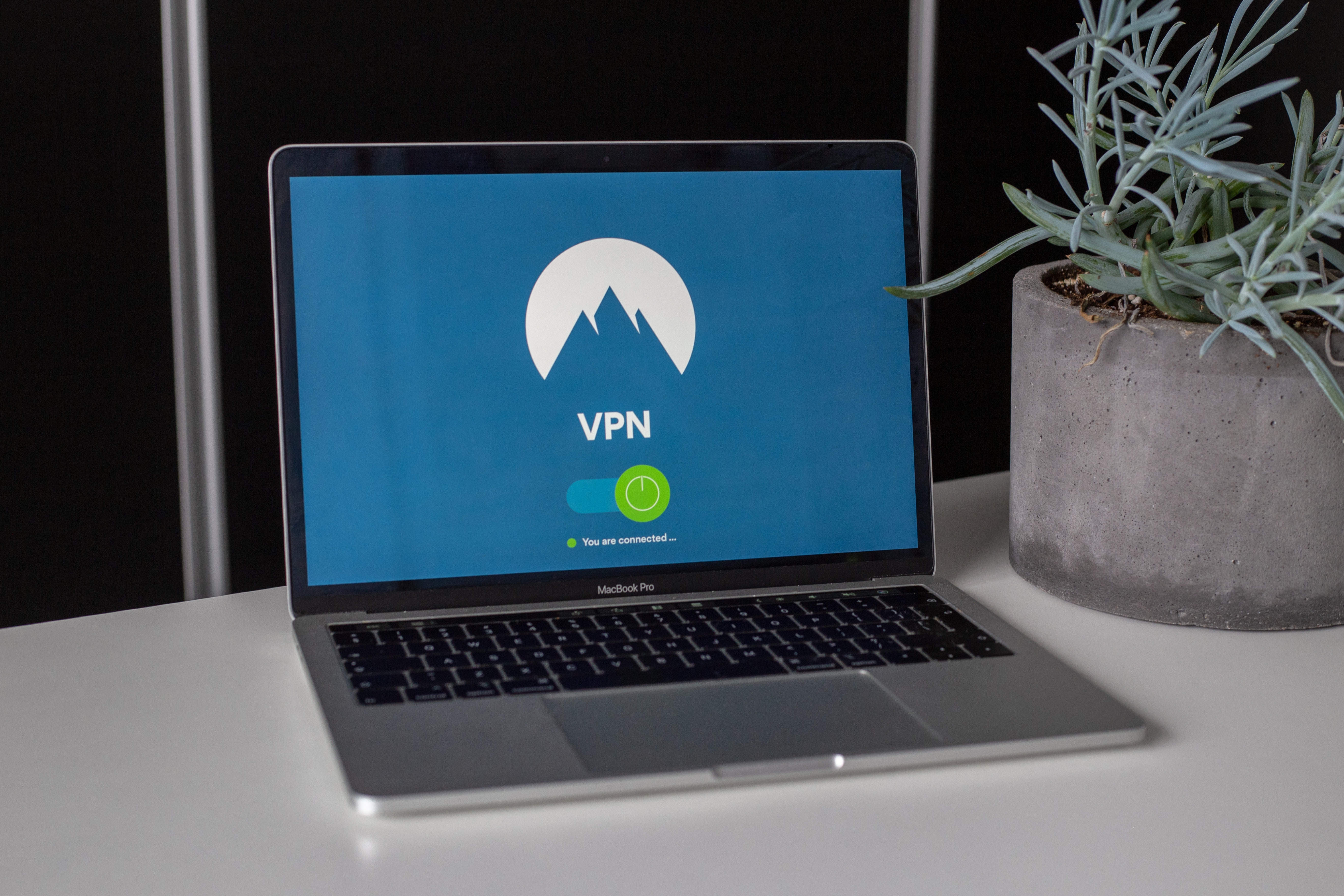
Having a secure website is essential for businesses. Your website can be vulnerable to malicious attacks, and it’s important to take the necessary steps to protect your business from cyber threats. Here are four easy security measures you can implement to help protect your website from potential attacks.
Security Measure #1: Firewall

For businesses (or any website), website protection is a critical concern. A firewall is an effective defensive measure against hackers and malicious software that can damage your online presence. Adding a firewall to your website can provide peace of mind, ensuring the security of your business’s virtual assets.
A reliable firewall acts as a barrier between your site and potential intruders by preventing unauthorized access. It also monitors traffic and filters out any suspicious activity, making sure only legitimate visitors are allowed entry. Firewalls offer added protection from malware, viruses, and other malicious programs that could compromise confidential data or cause other disruptions. As an extra layer of security for small-business owners, firewalls are invaluable tools in the fight against cybercrime.
Firewalls give you control over who visits your site and what they can see when they get there—without sacrificing speed or performance.
Security Measure #2: SSL Encryption

Protecting your online presence is important and one of the best methods for doing so is through website SSL encryption. SSL, or Secure Sockets Layer, encryption is a tried-and-true method of security that provides a layer of protection between your website and potential malicious attacks. It works by encrypting all data sent from a visitor’s browser to your server, thereby ensuring that no one can intercept and steal any sensitive information. This makes it an ideal solution for businesses that want to keep their customer data safe and secure.
The benefits of using SSL encryption cannot be understated: not only does it improve user experience by providing a secure connection, but it also helps build trust with customers by showing them you value their privacy and security above all else.
Security Measure #3: Regular Updates

Keeping your website secure should be a top priority. Regularly updating your site is one of the best ways to protect it from hackers, viruses and other malicious attacks.
Updates keep your website safe by patching any security vulnerabilities that have been discovered since the last update. By regularly patching these vulnerabilities, you’re making it harder for an attacker to gain access to sensitive information stored on your site. Additionally, updates may include new features and improvements that can help make using your website easier for visitors. Updates also ensure compatibility with modern web browsers, which will give users a better overall experience when they visit the site.
By taking advantage of the latest security patches and enhancements included in updates, you’ll be able to provide a safe and enjoyable experience for both yourself and those who use your website or content management system.
Security Measure #4: Strong Passwords
When it comes to website protection, the strength of your password is paramount. A strong password can ensure access to accounts is secure and prevent third parties from obtaining information about you. To protect yourself online, the following tips should help create a strong password that will keep your data safe.
Firstly, passwords should be at least 12 characters long with a combination of letters, numbers and symbols. This makes them harder for hackers to guess or crack using brute force attacks as they become more complex and lengthy. Secondly, passwords should not include words that are found in dictionaries or easily guessed such as birthdays and anniversaries. It’s also important to not use repeating characters such as “AAAAA” or “XXXXX” as these can be more easily identified by algorithms used by malicious attackers. Lastly, try to utilize a phrase or euphemism that’s familiar to you, then use the entire phrase as the password.
Conclusion
In conclusion,website protection is a must for any website owner. It helps protect your data and your customers’ data from security threats, improves the customer experience, and increases search engine rankings. It also allows you to take advantage of new technologies that can help you improve your online presence and make it easier for customers to find you. Investing in website protection is an investment in success that pays dividends in the long run.




